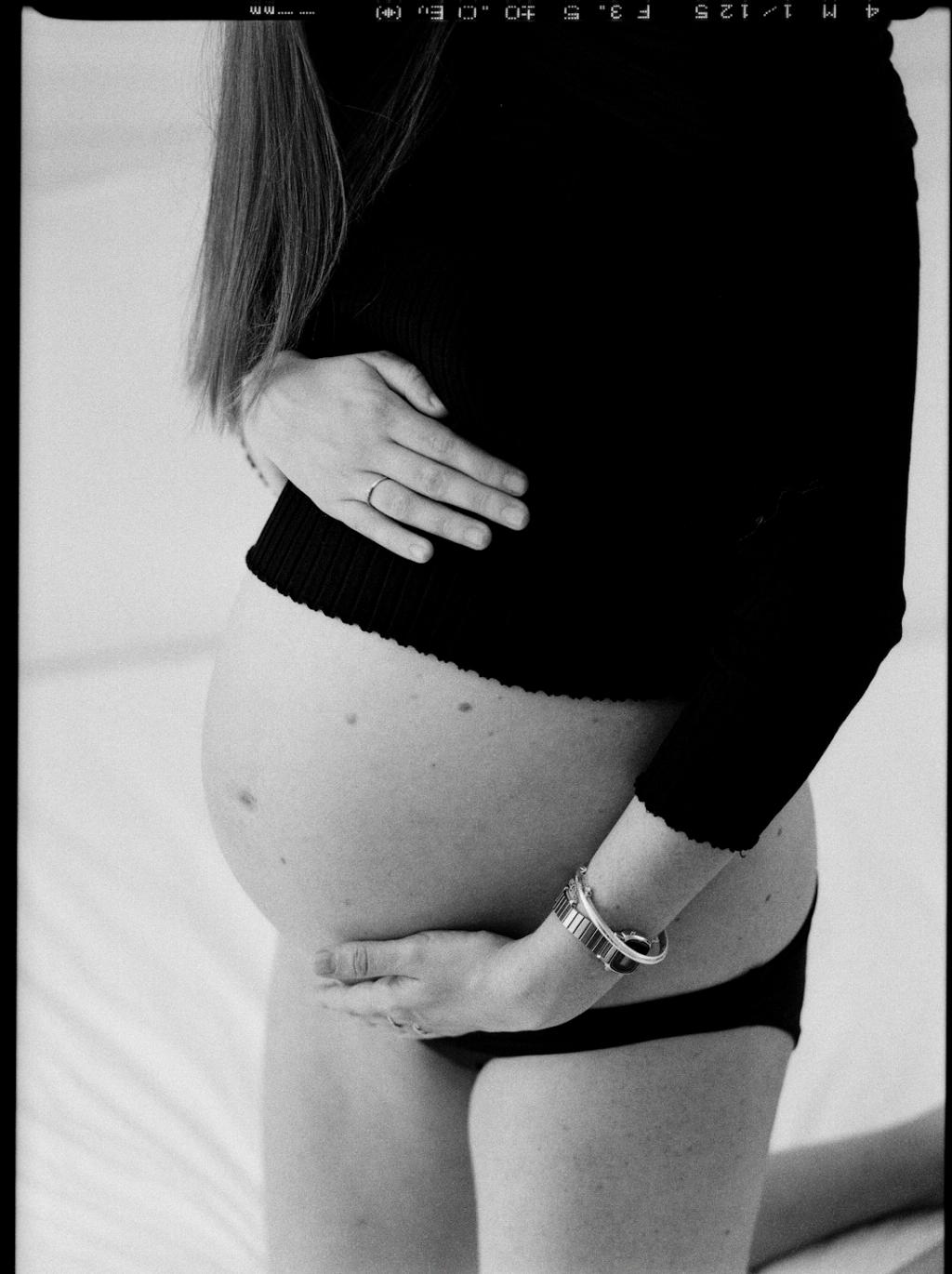Mid back pain during pregnancy can be a common issue that many expectant mothers experience. This discomfort can stem from a variety of factors related to the changes your body undergoes during this special time. Here, we delve into why you may be experiencing mid back pain and offer insights on how to alleviate it.
Weight Gain and Pregnancy
One of the primary reasons for mid back pain during pregnancy is the additional weight you carry as your baby grows. This extra weight places more strain on your back muscles and spine, leading to discomfort in the mid back region.
Posture Matters
Another factor that can contribute to mid back pain is poor posture. As your belly expands, it’s natural to adjust your posture to accommodate the changes. However, slouching or hunching over can put undue stress on your mid back, leading to pain and discomfort.
Effects of Standing and Bending
Prolonged periods of standing or frequent bending over can also exacerbate mid back pain during pregnancy. These activities can strain your back muscles and alter your spinal alignment, leading to aches and discomfort in the mid back area.
The Impact of Stress
Stress is another important factor to consider when addressing mid back pain during pregnancy. The physical and emotional stress that often accompanies pregnancy can manifest in different parts of your body, including your mid back. Tension from stress can cause muscles to tighten, leading to pain and discomfort.
The Role of Hormones
During pregnancy, your body releases hormones like relaxin to prepare for childbirth. While relaxin helps loosen ligaments in the pelvis, it can also affect other joints and muscles, potentially contributing to mid back pain as your body adjusts to these hormonal changes.
Changes in Center of Gravity
As your belly grows, your center of gravity shifts forward, impacting your posture and spinal alignment. This change in alignment can place additional strain on your mid back, leading to discomfort and pain, especially during activities that require more physical exertion.
How to Alleviate Mid Back Pain
If you’re experiencing mid back pain during pregnancy, there are several strategies you can employ to find relief. Gentle exercises, such as prenatal yoga or swimming, can help strengthen your back muscles and improve flexibility, reducing discomfort in the mid back region.
Supportive Pillows and Cushions
Using supportive pillows or cushions when sitting or lying down can also help alleviate mid back pain by promoting better spinal alignment and reducing pressure on the affected area. Additionally, maintaining good posture and taking frequent breaks from standing or sitting can prevent further strain on your mid back.
Consulting with Healthcare Providers
If your mid back pain persists or becomes severe, it’s essential to consult with your healthcare provider. They can offer personalized advice and recommend safe treatment options to address your specific concerns and ensure the health and well-being of both you and your baby.
Conclusion
In conclusion, mid back pain during pregnancy can be a challenging experience, but it’s essential to understand the factors that contribute to this discomfort. By addressing weight gain, posture, stress, hormonal changes, and other relevant factors, you can take proactive steps to alleviate mid back pain and enjoy a more comfortable pregnancy journey.

